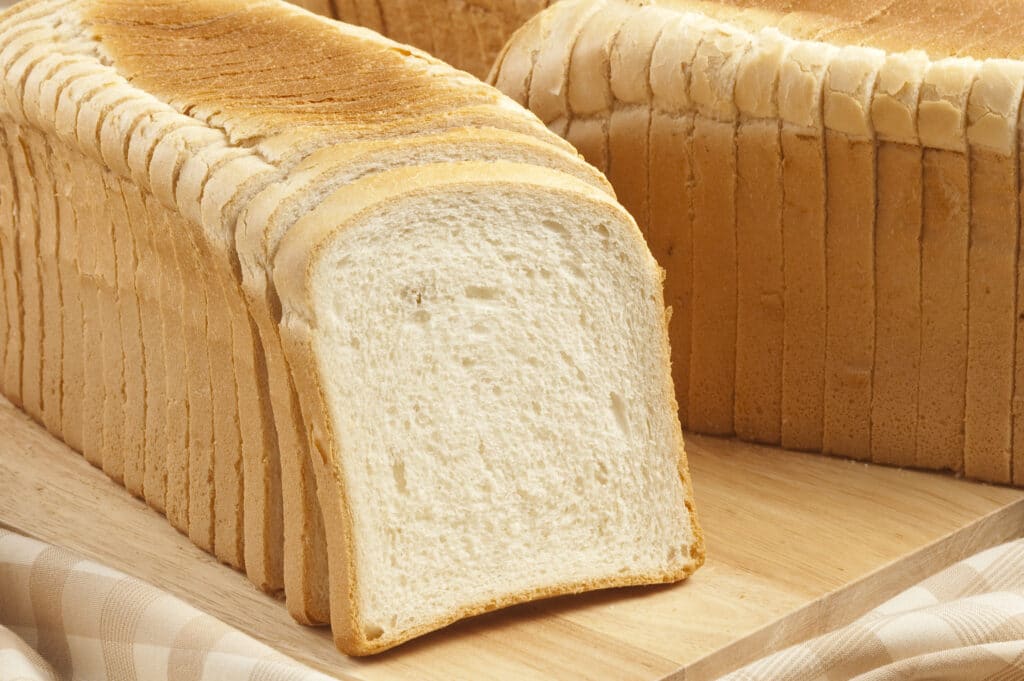Charlotte Martin, MS, RDN, CSOWM, CPT
As a dietitian, I find the recent study published in the journal Nutrients, which examined the link between diet and colorectal cancer (CRC), both insightful and a reminder of the complexities of nutritional science. The study, utilizing data from the U.K. Biobank and involving over 118,000 patients, identified associations between high consumption of white bread and alcohol and an increased risk of CRC, while higher intakes of fiber, calcium, magnesium, phosphorous, and manganese were linked to a lower risk.
While these findings align with current understanding that diets rich in simple sugars and excessive alcohol can increase cancer risk, it’s crucial to emphasize that these results highlight associations, not causation. The study’s approach, examining a vast array of 139 foods and nutrients, raises concerns about the lack of a hypothesis-driven methodology. This approach could lead to identifying significant associations purely by chance due to the large number of variables tested.
Furthermore, the study’s reliance on dietary self-reporting can lead to inaccuracies in capturing long-term dietary patterns that significantly influence CRC risk. The small effect size reported, although statistically significant, also underscores the need for cautious interpretation, particularly in the absence of a clear mechanistic link, as noted with white bread consumption.
These findings underscore the complexity of nutrition and its role in disease prevention. They remind us that while individual foods can contribute to health risks, it’s the overall quality and pattern of diet that plays a more substantial role in health outcomes. As a dietitian, I advocate for a balanced and varied diet rich in plant foods, alongside other healthy lifestyle choices, as the best strategy for disease prevention and overall health.
These findings should not deter individuals from including white bread in their diet in moderation should they choose to. This study, while informative, does not necessarily negate that white bread can have a role in a balanced diet that supports overall health, provided it’s rich in whole grains and other nutrient dense foods.
This blog post is written in response to the following article and study.

